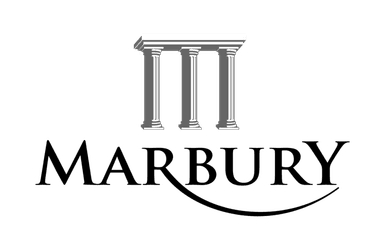

About Us
Marbury provides corporate services, fund administration, formation and compliance services, business support solutions and corporate advisory through our global network.
Services
Company Formation & Corporate ServicesAccounting, Audit & Tax ServicesHuman Resources & Payroll SolutionsVisa & Immigration ServicesFund SolutionsCorporate AdvisoryRegulatory Advisory ServicesContact
Copyright © Marbury 2025 All Rights Reserved
Designed & Managed By: Ternstone Digital Limited
